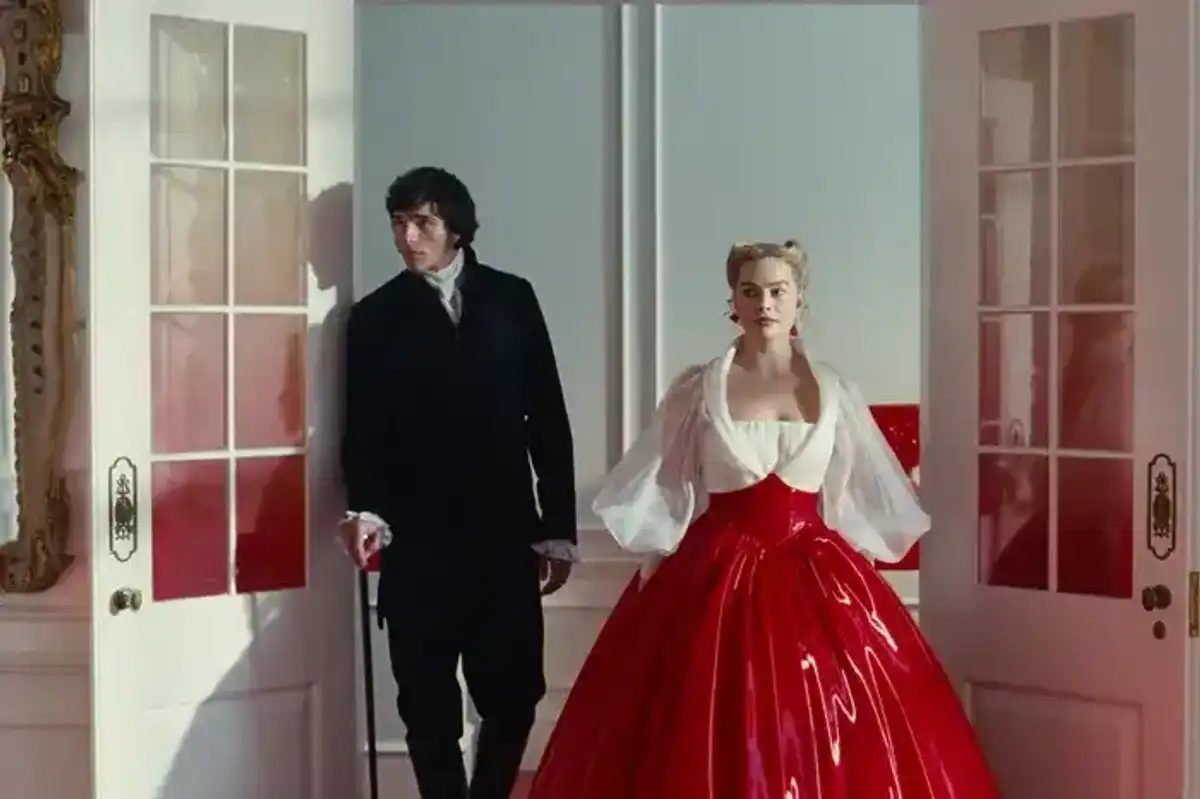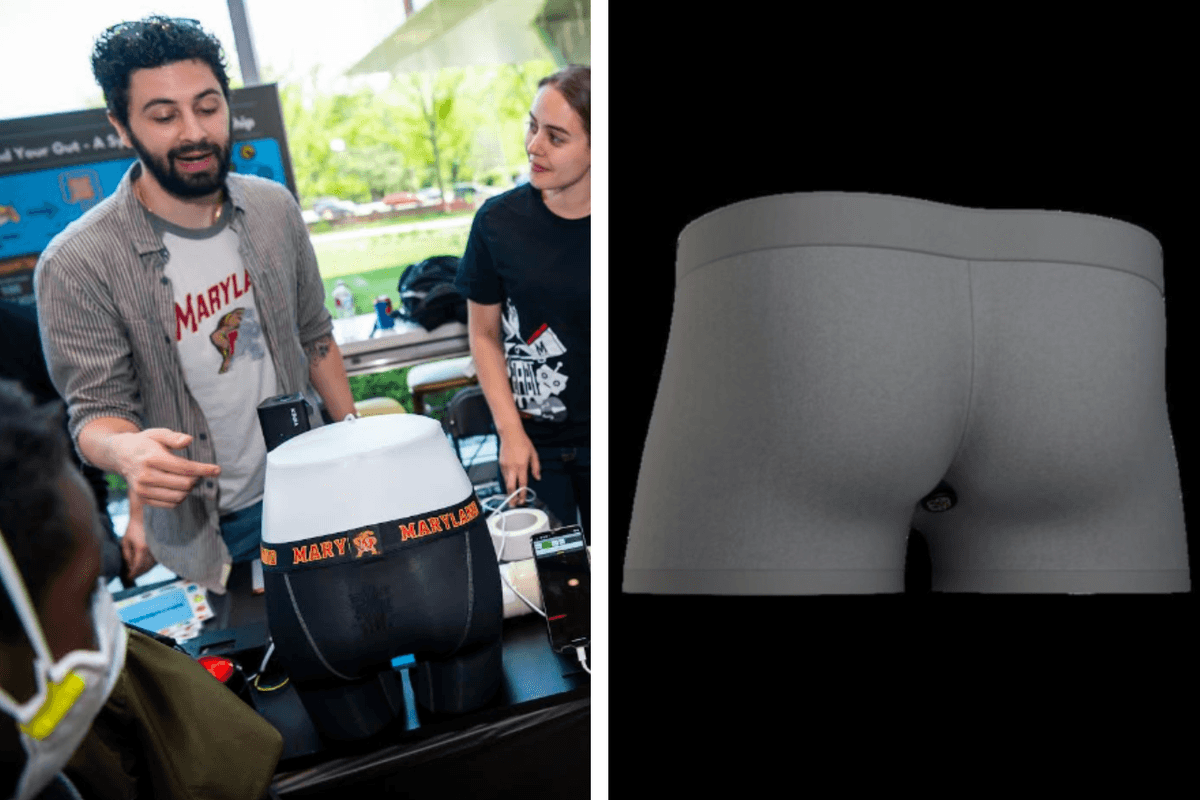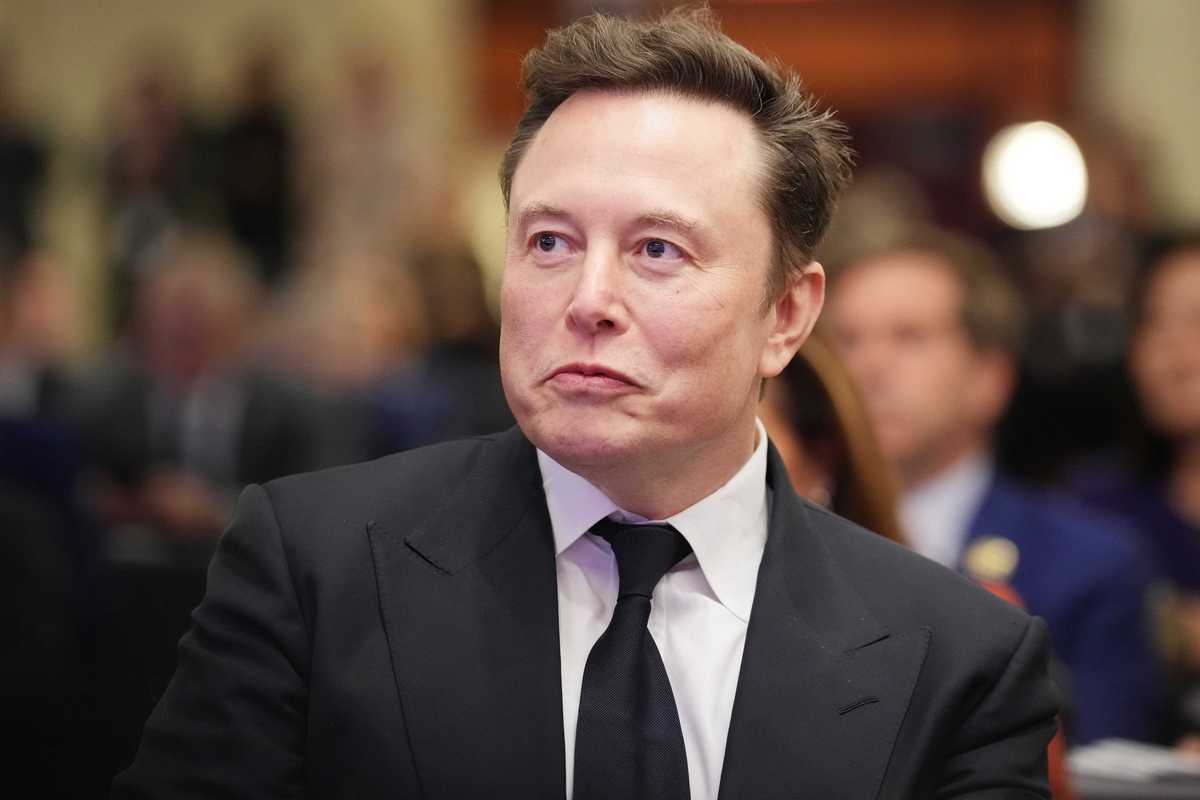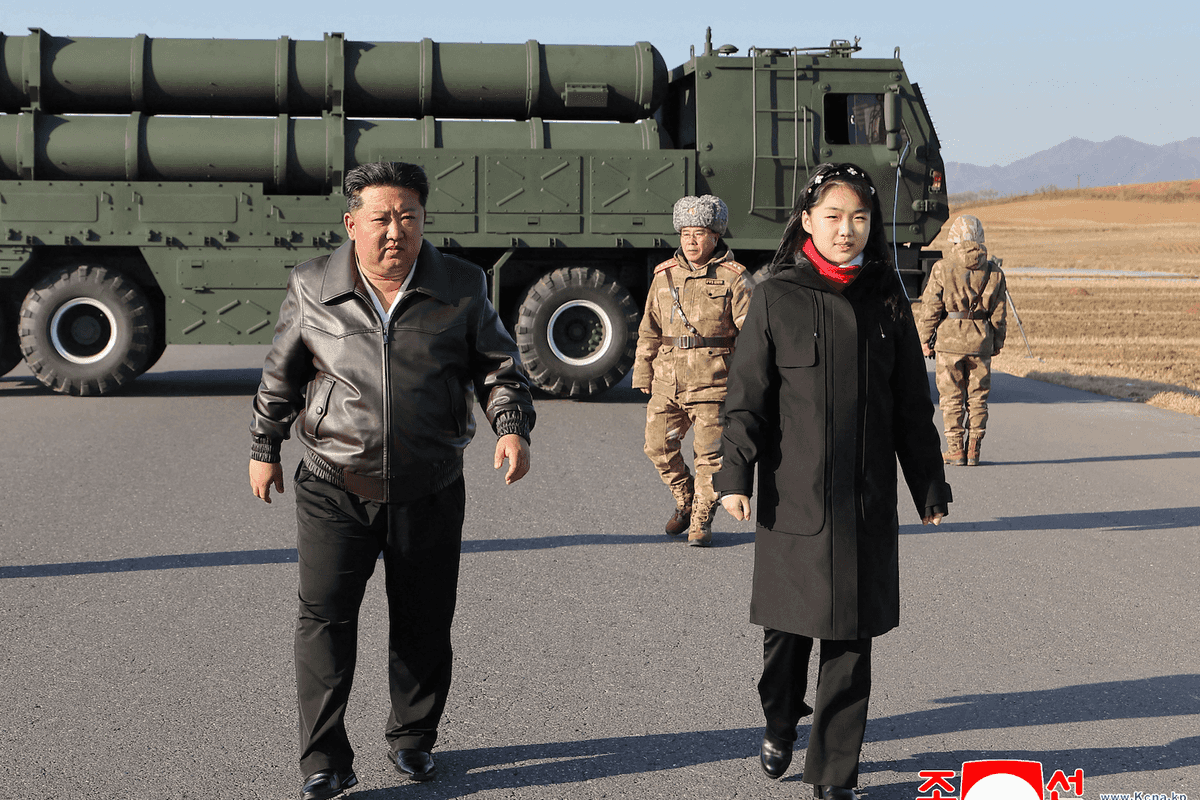Showbiz
Jake Hall
May 04, 2018
The last few months have seen online debate surrounding The Simpsons character Apu Nahasapeemapetilon explode, to the extent that even creators have addressed the criticism.
It all started with comedian Hari Kondabolu's documentary The Problem With Apu, which described the Kwik-E-Mart owner as a racist stereotype. The extensive film framed this accusation with research, historical context and roundtable discussions dedicated to a lack of South Asian representation on-screen. Kondabolu continually tried to contact Hank Azaria, who voiced the character, throughout the creation process but ultimately had little luck.
Actor Priyanka Chopra, herself no stranger to racism, recently weighed in on the debate when asked by hosts on The View, explaining that the stereotype was projected on her throughout her childhood.
I was offended. I was always asked when I was in high school why I didn't speak like that.
I was asked if I found gold in my rivers, if we went to school on elephants - I was always asked questions like that.
She prefaces these statements by recognising that the show universally leans on stereotypes, that it was "path-breaking" for its time and makes fun of every race.
The show's creators alluded to this when they created the much-criticised 'Apu scene', which was designed to shrug off allegations and throws the usually-woke Lisa Simpson under the bus, essentially arguing that the show's age should render it immune to critique.
Since then, Azaria finally addressed the controversy in-depth during an interview with Stephen Colbert.
He admits initially being surprised by the backlash but gradually beginning to understand why Indian Americans in particular were upset about the character. Azaria then says that he regrets the fact that the character was used to bully people, clarifies that he had no involvement with The Simpsons' response scene and, finally, says that he would be willing to step aside in order to give the speaking role to a South Asian actor.
As for Chopra, she highlights that this criticism isn't unexpected in the context of today's digital age.
The population of Indian Americans has tripled since that time [when the show was first aired].
The voice is louder, the demand for representation of people of colour is louder. There is the internet and the media, where people can have a conversation.
Chopra's comments have furthered this conversation, dividing online users and sparking further debate.
Regardless of opinions on the character himself, many seemed to be in agreement that television creators should work to see their shows progress alongside society. This was the overall message that Chopra sought to communicate:
Yes, it's a cartoon. Yes, it's pop culture, a super successful show - but that gives it more responsibility!
More: Priyanka Chopra couldn't get a movie role because of her skin colour
Top 100
The Conversation (0)














